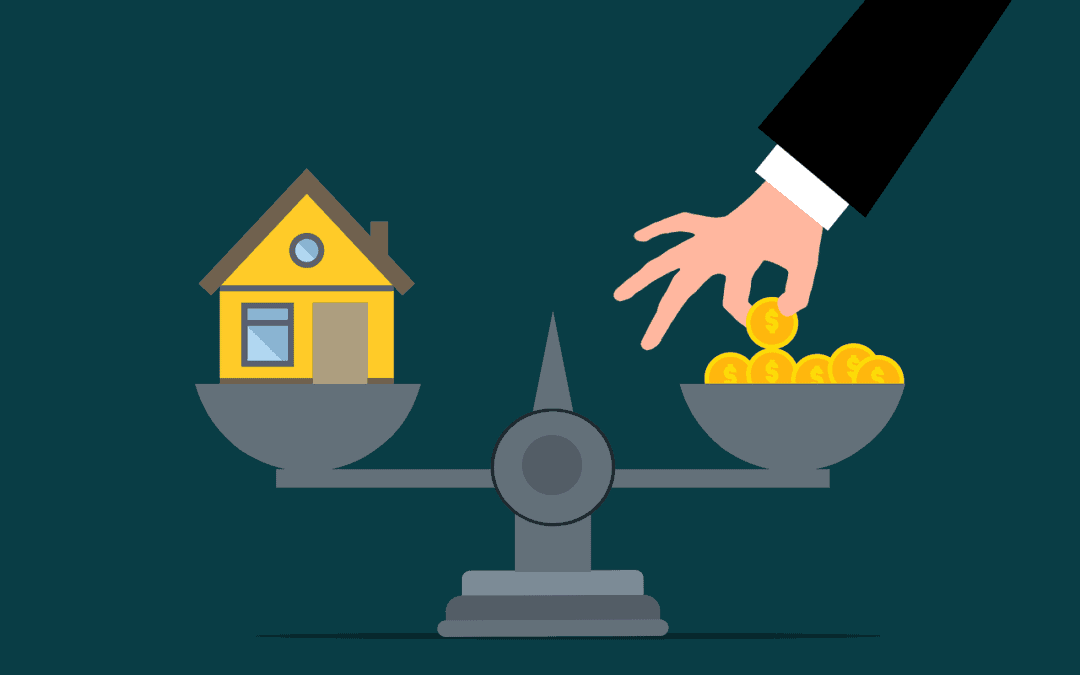In recent years, more and more people are planning to buy real estate in the UK, especially the enthusiasm for buying a house with a loan remains high.
There are many different types of loans on the market today, the most common types being fixed interest mortgages and variable interest mortgages.
It should be noted that loans are different plans based on each person’s assets and income.
This article mainly answers the loan and credit score questions you are worried about before buying a house.
Personal Loan
If you have a stable job and income in the UK, you can choose a personal loan, and the loan amount is generally 3-4 times your income.
For example, with an annual income of £30K, the loanable amount is between £90-120K.
When you seek a loan, the bank or other credit agency will ask the borrower to provide proof of income for 1-2 years. For example, P60, SA302, Tax Calculation and Tax Overview, Year-End account, bank statement.
If the borrower has other properties, they need to provide proof of their properties.
Self-employed, corporate or shareholder loans
Self-employed, corporate legal persons or shareholders are required to submit a personal income statement to the tax office each year to declare personal income.
The filing period is from April 6 to April 5 of the following year, and the filing and tax payment must be completed before January 31 of the third year.
After completing the personal tax declaration, you can get the Tax Calculation, Tax Overview and SA302 personal tax income certificate.
These are the documents that need to be provided to the bank or other credit institution for income assessment when applying for a loan.
Evaluate Credit Applications
Some people will be rated as bad credit by credit agencies when they apply for a loan, which can affect your home purchase loan.
Sometimes you may have to pay higher interest rates and put up more deposits to prove your ability to pay.
What affects your credit score?
- Payment history: Payment history is the most important component of your credit score, and even one missed payment can negatively impact your score. Lenders want to make sure you pay off your debt on time when considering a new loan.
- Rely on credit: Using too much available credit. For creditors, high credit utilization can be a red flag that you are too reliant on credit.
- Apply for a lot of credit in a short period of time: A hard inquiry is always recorded on your credit file. These inquiries remain on your file for two years and may cause your score to drop slightly over time.
How to Improve Your Credit Score
- Prove your place of residence: Register on the electoral roll at your current address.
- Build your credit history: Having little or no credit history can make it difficult for companies to evaluate you, so you need to build a good credit history step by step.
- Avoid frequent moves: This isn’t always avoidable, but lenders want to see your environment stable. They will subconsciously think that moving frequently may make the lender think you may have difficulty paying the rent.
- Monitor the security of your credit file: If a gang of scammers obtain your personal details, they may be able to obtain credit in your name without your knowledge.




